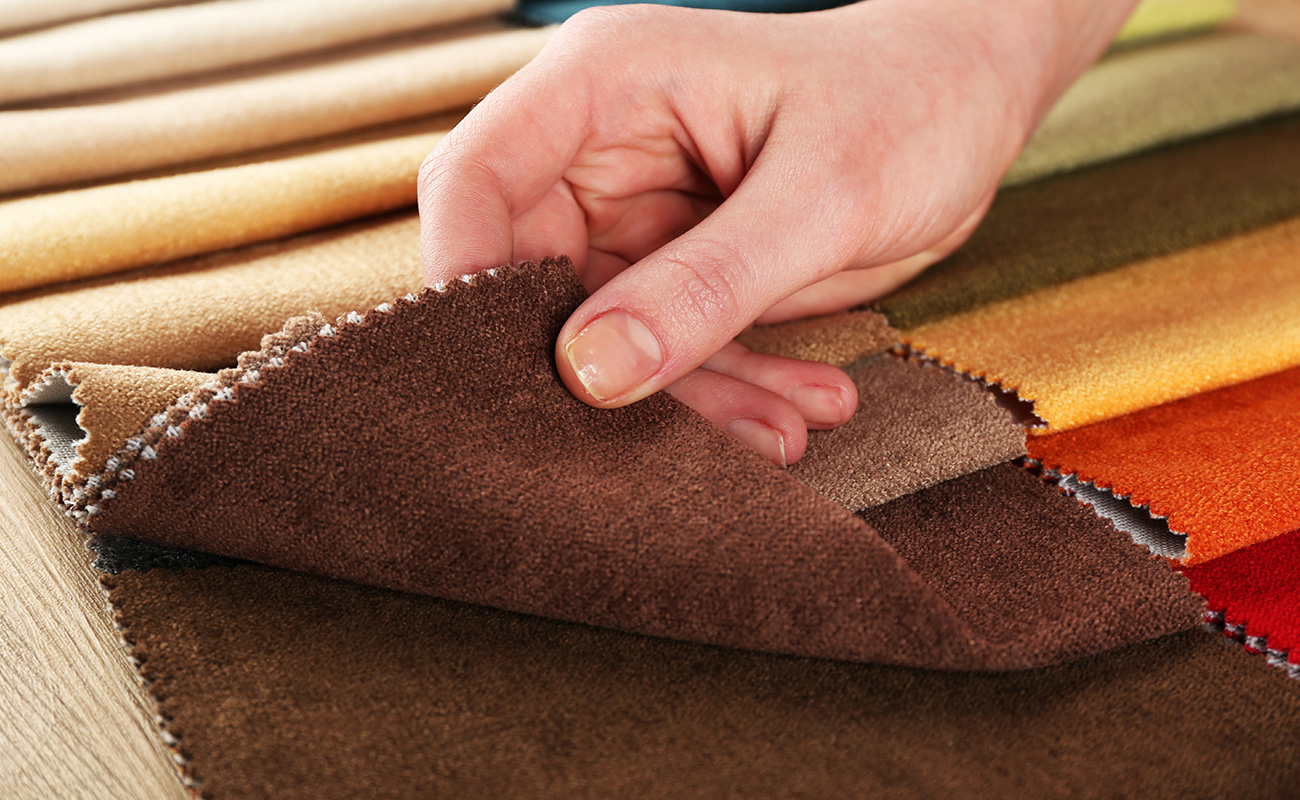Garmor Taking the Initiatives on Sustainable Materials in Gloves Manufacturing
Garmor Taking the Initiatives on Sustainable Materials in Gloves Manufacturing: Reducing Environmental Impact: In today’s environmentally conscious world, the demand for sustainable products is higher than ever. For manufacturers, including those in the gloves industry, this means a shift towards sourcing eco-friendly materials that ensure minimal environmental impact while maintaining high quality. This blog explores the importance of sustainable materials in gloves manufacturing, innovative alternatives, and the benefits they bring to both the environment and the consumer.
The Importance of Sustainable Materials in Gloves Manufacturing
Environmental Impact of Conventional Materials
Traditionally, gloves have been made from materials like synthetic rubber, PVC, and other plastics. While these materials offer durability and protection, they also contribute significantly to environmental pollution. The production of synthetic materials is energy-intensive and involves the use of non-renewable resources. Additionally, these materials often do not decompose, leading to long-term environmental issues.
Benefits of Sustainable Gloves
Switching to sustainable materials for gloves manufacturing offers several advantages:
- Reduced Carbon Footprint: Sustainable materials typically require less energy to produce, leading to lower greenhouse gas emissions.
- Minimized Waste: Biodegradable and recyclable materials help reduce the accumulation of waste in landfills.
- Healthier Work Environment: Eco-friendly materials often have fewer toxic chemicals, promoting a healthier environment for workers involved in the manufacturing process.
- Consumer Appeal: As consumers become more environmentally conscious, offering sustainable products can enhance brand reputation and loyalty.
Innovative Sustainable Materials for Gloves
Natural Rubber
Natural rubber, derived from the latex of rubber trees, is a renewable resource that offers excellent elasticity and durability. Unlike synthetic rubber, natural rubber is biodegradable and has a lower environmental impact. It provides a sustainable alternative for producing a wide range of gloves, including medical, industrial, and household gloves.
Organic Cotton
Organic cotton is grown without the use of synthetic pesticides or fertilizers, making it an environmentally friendly option for fabric gloves. Organic cotton gloves are breathable, comfortable, and hypoallergenic, making them suitable for sensitive skin. They can be used for gardening, household chores, and light industrial work.
Bamboo Fiber
Bamboo is a fast-growing plant that requires minimal water and no pesticides to thrive, making it an extremely sustainable resource. Bamboo fiber is soft, strong, and naturally antibacterial, making it an excellent material for gloves. Bamboo gloves are ideal for various applications, including gardening, cleaning, and personal care.
Recycled Materials
Using recycled materials in gloves manufacturing helps conserve resources and reduce waste. Examples include:
Recycled Polyester: Made from post-consumer plastic bottles, recycled polyester is a versatile material used in the production of gloves. It offers durability and flexibility while reducing the demand for virgin polyester.
Recycled Nylon: Similar to recycled polyester, recycled nylon is made from waste materials, such as discarded fishing nets. It provides strength and resilience, making it suitable for industrial and sports gloves.
Biodegradable Materials
Innovative biodegradable materials are being developed to address the issue of waste. These materials break down naturally over time, minimizing their impact on the environment. Examples include:
Polylactic Acid (PLA): Derived from renewable resources like corn starch, PLA is a compostable material that can be used to produce disposable gloves. PLA gloves are suitable for medical and food handling applications.
Polyhydroxyalkanoates (PHA): PHA is a biodegradable polymer produced by microbial fermentation of plant sugars. It offers properties similar to traditional plastics and can be used to make disposable gloves that decompose naturally.
Real-World Applications and Case Studies
Healthcare Industry
The healthcare industry relies heavily on disposable gloves to maintain hygiene and prevent contamination. By adopting sustainable materials like natural rubber and PLA, healthcare providers can significantly reduce their environmental impact. For instance, hospitals switching to biodegradable gloves can prevent thousands of tons of plastic waste from ending up in landfills each year.
Industrial and Construction Sectors
Workers in industrial and construction sectors require durable gloves for protection against hazards. Sustainable materials like recycled nylon and bamboo fiber offer the necessary strength and resilience while promoting environmental responsibility. Companies that adopt these materials not only contribute to sustainability but also set an example for other industries to follow.
Consumer Markets
Consumers are increasingly seeking eco-friendly options for household and personal care products. Gloves made from organic cotton and bamboo fiber cater to this demand, providing sustainable alternatives for everyday tasks. Brands that prioritize sustainable materials can attract environmentally conscious consumers and differentiate themselves in the market.
Garmor Corp: Pioneering Sustainable Gloves Manufacturing
At Garmor Corp, we prioritize sourcing eco-friendly and sustainable materials, ensuring minimal environmental impact and high-quality products throughout the process. As leading gloves manufacturers, we are committed to integrating sustainable practices into our production processes, from sourcing raw materials to delivering the final product. By embracing sustainable materials, we not only reduce waste but also set a standard for others in the industry to follow. Together, we can make a significant impact on the environment and pave the way for a greener, more sustainable future.
In conclusion, the shift towards sustainable materials in gloves manufacturing is essential for reducing environmental impact and meeting consumer demands for eco-friendly products. By adopting innovative materials and practices, manufacturers can ensure the production of high-quality, sustainable gloves that benefit both the environment and the consumer.









